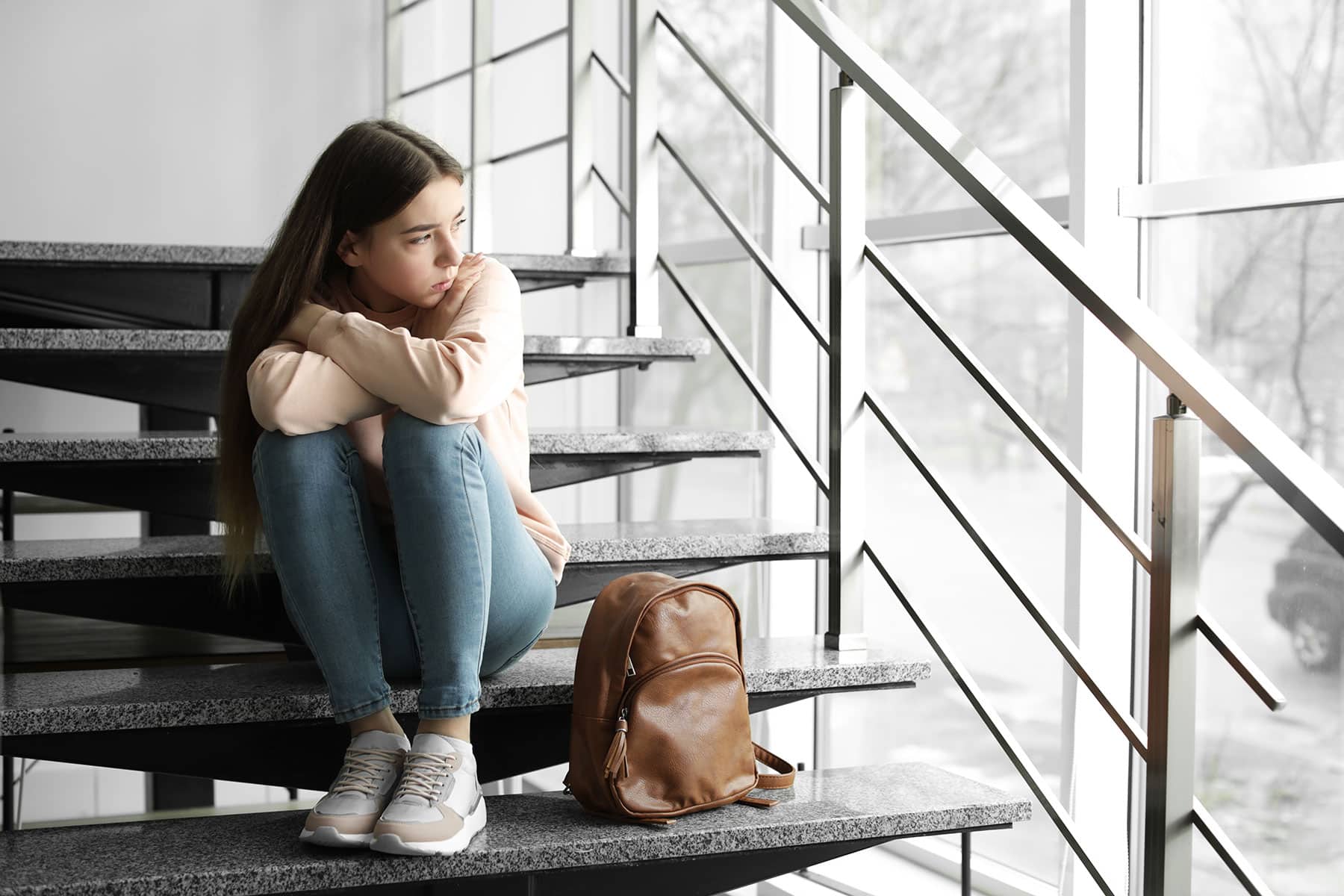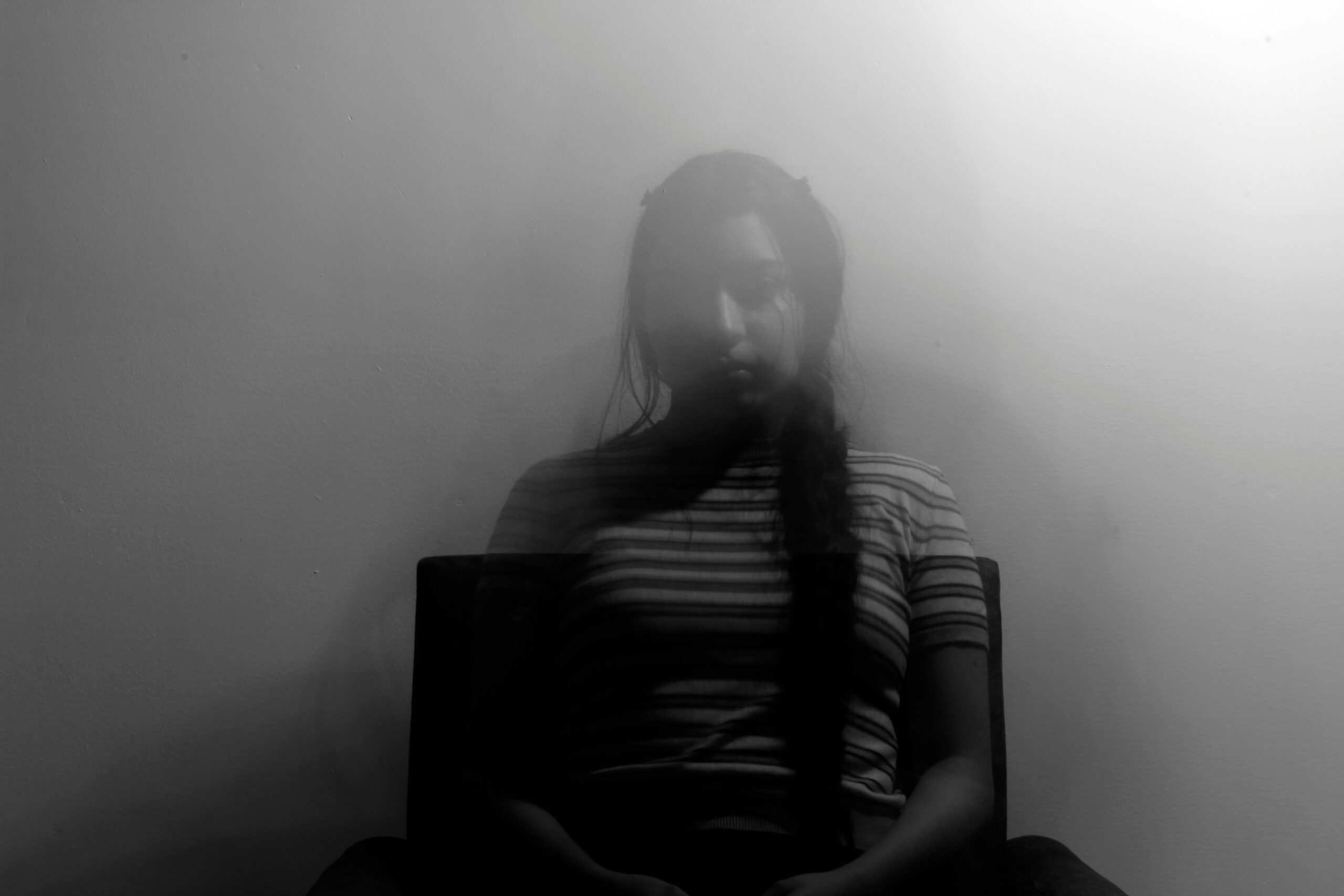If social situations make you feel tense, self-conscious, or afraid of being judged, you’re not alone. Social anxiety affects millions of people, and for many, that anxiety feels so intense that drinking or using drugs starts to seem like the only way to cope.
Maybe it helps at first. A drink takes the edge off. A hit quiets your nerves. But over time, what feels like relief can quietly turn into something much harder to control.
This post breaks down the link between social anxiety and substance use, explains the cycle that keeps people stuck, and offers practical, supportive ways to start breaking free.
Whether you’re in the early stages of recovery or still trying to make sense of your relationship with substances, this guide can help you understand what’s happening
Can Social Anxiety Lead to Substance Abuse?
People with social anxiety often feel intense fear or embarrassment in everyday social interactions, like meeting new people, speaking in front of others, or even eating in public. To manage these feelings, they might start using substances like alcohol or marijuana to “loosen up,” feel less self-conscious, or numb anxiety.
Over time, this coping strategy can become a pattern, where the person feels like they need the substance to function socially. This is known as self-medication, and it increases the risk of developing substance use disorders.
Common Substances Involved
- Alcohol: Often used to reduce social inhibition; many people drink before parties or gatherings to feel more relaxed.
- Marijuana: Sometimes used to ease social tension or overthinking.
- Prescription medications (like benzodiazepines): May be misused for their calming effects if someone has access through their own or others’ prescriptions.
The Cycle of Social Anxiety and Substance Abuse
What starts as a quick fix can easily spiral into something much harder to control. Many people with social anxiety use substances like alcohol or marijuana to get through stressful situations. At first, it might seem like it’s working. They feel more confident, relaxed, or less panicked in social settings. But over time, this relief becomes harder to maintain, and the problems underneath don’t go away.
Here’s how the cycle often plays out:
1. Social Anxiety Creates Distress
The person feels nervous, tense, or overwhelmed in social situations. These feelings are intense enough to interfere with their daily life or make them avoid people altogether.
2. Substances Offer Temporary Relief
Drugs or alcohol provide a sense of ease or confidence. The person may begin using them before parties, meetings, or even casual hangouts to feel more comfortable.
3. A Pattern of Substance Abuse Develops
Because the substance helps in the moment, the person starts relying on it more often. What was once occasional becomes routine, especially in any setting that might trigger anxiety.
4. Tolerance and Dependence Grow
Over time, the same amount of the substance doesn’t work as well. The person needs more of it to feel the same effect. Their body and brain start to depend on the substance to feel “normal” in social situations.
5. Anxiety Returns Stronger When Not Using
When the substance wears off, anxiety can come back even worse than before. The brain may have a harder time managing stress naturally, making sober social situations feel unbearable.
6. Avoidance and Shame Increase
The person may start avoiding social interactions altogether unless they can use beforehand. They might feel embarrassed about their dependence, which adds another layer of anxiety and isolation. Understanding how shame and guilt fuel addiction can help break this destructive pattern.
7. The Cycle Repeats
This cycle keeps feeding itself. The more someone relies on a substance to cope, the harder it becomes to face social situations without it. What starts as a coping strategy turns into a barrier to real healing.
What’s the Link between Social Anxiety and Substance Abuse?
Social anxiety and substance use often go hand in hand. Many people who struggle with intense social fear end up turning to drugs or alcohol, not to party or escape reality, but to feel like they can function around other people. Understanding this connection can help explain why treatment needs to address both issues together.
Social Fear That Doesn’t Go Away
Social anxiety is more than shyness. It creates a constant feeling of dread any time the person has to interact with others, even in everyday situations. They might worry about saying the wrong thing, being laughed at, or looking awkward. These fears can feel overwhelming, even when nothing is actually going wrong.
This kind of pressure is hard to carry. It can lead to exhaustion, self-isolation, and a constant urge to avoid people altogether. Over time, the idea of using something to feel more relaxed starts to feel less like a choice and more like a necessity.
Substances Feel Like an Easy Escape
Alcohol, marijuana, and other drugs can create a sense of calm or confidence that feels out of reach in sober moments. A drink before a party or a hit before a social gathering can quiet racing thoughts, loosen up tense muscles, and help the person feel more “normal” around others.
Because the relief is so immediate, it reinforces the idea that substances are the only way to cope. What starts as occasional use to get through uncomfortable situations can quickly become something the person relies on to face any kind of social interaction.
Lack of Coping Tools Makes Substances More Appealing
For many people with social anxiety, the real issue isn’t that they want to feel good. It’s that they don’t know how to feel safe. If someone hasn’t learned how to manage their anxiety in healthy ways, or doesn’t have access to support or therapy, substances may feel like the only option.
In social settings where drinking or using is common, the pressure to join in can be strong. It can make the person feel like everyone else has already figured out how to relax, while they’re stuck trying to survive the night. Using becomes a way to blend in and stop feeling so different.
It’s About Vulnerability, Not Weakness
People with social anxiety often carry a heavy emotional burden. They may be hyper-aware of how others see them, constantly second-guess themselves, and feel ashamed of how hard things can feel in recovery. That emotional weight makes them more vulnerable to using substances as a way to cope.
This isn’t about a lack of willpower or weakness. It’s about needing help and not knowing where to find it. Substances offer fast relief, but they don’t teach real coping. Without support, it’s easy to fall into a pattern where the only way to face social situations is to use something first.
Does Quitting Alcohol or Drugs Help Social Anxiety?
If you’ve been using alcohol or drugs to cope with social anxiety, you might wonder what happens when you stop. Will the anxiety get better? Will it get worse?
The truth is, quitting can be a turning point, but it often comes with some short-term challenges before long-term progress kicks in. If you’re dealing with anxiety in any form early in your recovery, know that this is common and you will get through it.
The experience varies from person to person, but here’s an overview of what you can generally expect.
It Breaks the Cycle of Dependence
When you rely on substances to feel okay around others, your brain doesn’t get the chance to develop healthy coping skills. The more you use, the more you train yourself to believe you need it to function.
Once you quit, you start to break that pattern. You may still feel anxious at first, but over time, your brain begins to rewire itself and learns how to manage those feelings without needing alcohol or drugs to step in.
It Reduces Rebound Anxiety
Substances like alcohol may seem calming in the moment, but they often lead to more anxiety once the effects wear off. This is known as rebound anxiety. It can leave you feeling even more tense or on edge than before you used.
When you stop using, your body gradually returns to balance. Your nervous system becomes less reactive, and those intense post-use crashes start to fade. Over time, this helps reduce the baseline level of anxiety you feel day to day, even in social situations.
It Improves Overall Brain Function
Substance use can interfere with how your brain processes stress, emotions, and decision-making. You might feel foggy, easily overwhelmed, or emotionally numb.
After quitting, your brain slowly starts to recover. You may notice clearer thinking, steadier moods, and a stronger ability to handle uncomfortable situations without shutting down or spiraling.
These changes don’t happen overnight, but they make a real difference in how you experience social anxiety over time.
Anxiety May Feel Worse at First
If you’ve been using alcohol or drugs to manage anxiety, quitting might make things feel harder before they get better. Without that short-term relief, social situations can feel more intense. This stage can be discouraging, but it’s temporary.
With support from therapy, peer groups, or structured treatment, your brain begins to adapt. You start to learn new ways to cope that actually reduce anxiety instead of hiding it.
Recovery Creates Room for Growth
Substance use often takes up a lot of mental and emotional space. Once you remove that layer, there’s more room to focus on healing the anxiety itself. You have the clarity and energy to practice tools that build real confidence, like setting boundaries, facing fears gradually, and learning to stay present in uncomfortable moments.
These changes are what move you forward, not just away from substances, but toward a more connected and peaceful life.
It Helps, But It’s Not a Cure
Quitting alcohol or drugs is a major step, but it won’t make social anxiety disappear on its own. You may still need support to understand your triggers, build coping skills, or work through deeper fears.
However, without the fog and ups and downs of substance use, you have a clearer path forward. When recovery and anxiety treatment go hand in hand, lasting progress becomes much more possible.
Heal Social Anxiety Without Relying on Substances
You don’t have to keep managing anxiety on your own or through habits that hold you back. Recovery is about more than quitting drugs or alcohol. It’s about learning new ways to feel safe, confident, and connected, even in the moments that used to feel overwhelming.
At Northpoint Recovery, we offer evidence-based treatment that supports both substance use and co-occurring anxiety. Our drug and alcohol addiction programs include individual therapy, group support, and relapse prevention tools designed to help you build lasting change from the inside out.
If social anxiety has played a role in your substance use, we’re here to help you break the cycle and create a new path forward. Contact us today to take the next step.


